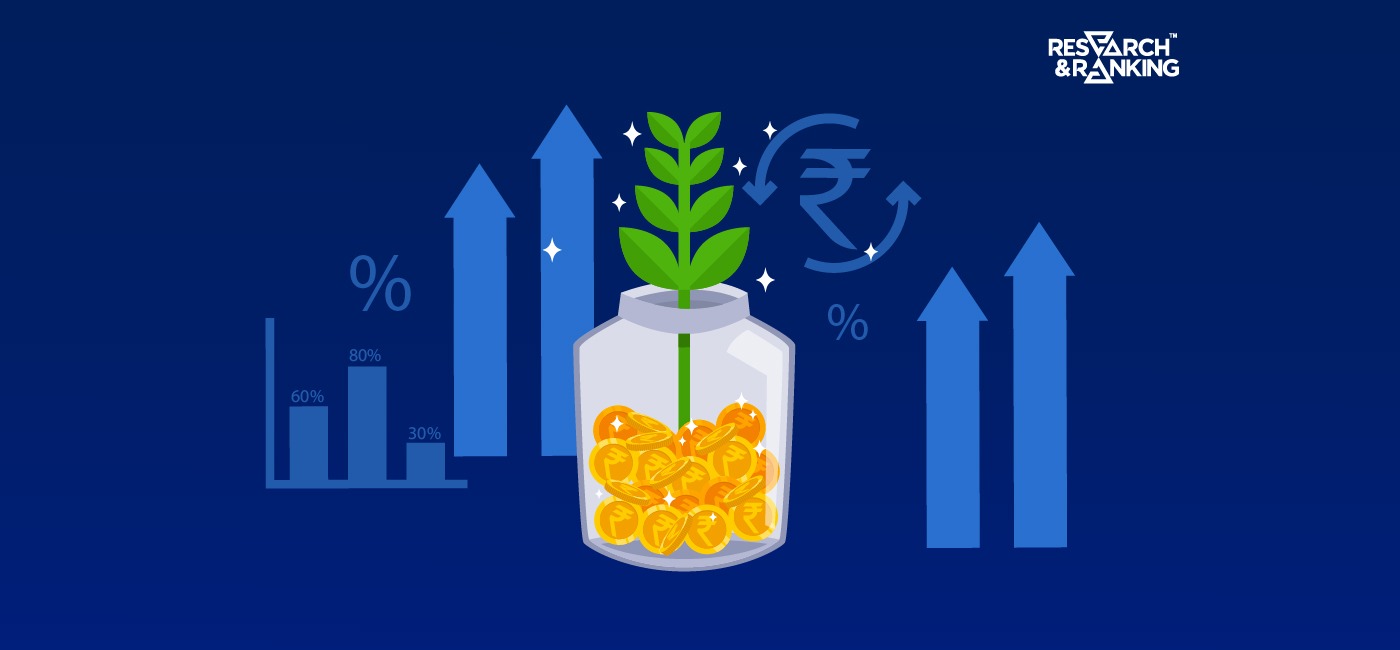Working hard can only make you more money but does not grow your money or keep it safe. And that’s where investing comes into the picture: it fights inflation, grows money multiple times, and secures our future. Investment can be tricky, but there’s always a way around it. Gear up as we have curated a list of eight factors that you need to consider before investing:
What’s Your Investment Objective?
This is the first step. Decide what your main investment focus is. Different types of investments are better suited for various goals. If you are saving for retirement, invest in a diversified portfolio of stocks, bonds, and mutual funds that can provide long-term growth and income. If you are saving for a short-term goal, such as a vacation or a car, invest in a low-risk, liquid, and high-return instrument, such as a fixed deposit or a money market fund.
How Much Risk Can You Take?
Risk tolerance is the degree of uncertainty or volatility you are willing to accept in your investment returns. It is influenced by your personality, age, income, and financial situation. A general rule of thumb is that the higher the risk, the higher the return. You must assess your risk tolerance and choose investments matching your risk profile. For example, you can buy less risky mutual funds and expect around 12% return.
On the other hand, you can take risks and gain higher returns. For example, Remedium Lifecare grew by 1,162%(28th February 2024) in just one year. If you had invested Rs 10,000, today it would have been Rs 1.2 lakh.
Know That You’re Investing In Yourself
Investing is not just about picking the right companies but also about trusting your judgment and skills. You should have confidence in your ability to analyze, research, and monitor your investments and cope with the emotional and psychological aspects of investing.
Understand Financial Ratios
Financial ratios are numerical indicators that help you evaluate a company’s performance, profitability, growth, and value. Some of the common ratios are earnings per share (EPS), price-to-earnings (P/E), return on equity (ROE), and dividend yield. These ratios can help you compare companies or investment options and identify potential opportunities or red flags.
Your Investment Costs
Investing is not free. There are various costs and fees associated with investing, such as brokerage commissions, transaction fees, management fees, advisory fees, and taxes. These costs can reduce your net profit. Therefore, you need to be aware of the costs involved in your investment and compare them with the expected returns.
Assess Your Moat
It is a competitive advantage that a company has over its rivals, such as a strong brand, loyal customers, innovative products, or low-cost production. A moat can protect a company or investments from losing market share and profits to competitors and increase its growth potential and profitability. You should look for companies that have a broad and durable moat, as they can generate higher returns and sustain their performance in the long run.
Review of Investments
You should monitor your investment portfolio regularly and make necessary adjustments, such as rebalancing your investments to ensure the mix of investments is still in line with your objectives, risk tolerance, and time horizon. You should also review the performance of your investments and decide whether to hold, sell, or buy more of them based on their fundamentals and potential.
Your Investment Diversification
Diversification is spreading your investments across different asset classes, sectors, industries, geographies, and strategies. The main benefit of diversification is that it reduces overall risk and increases your chances of earning consistent returns. By diversifying your portfolio, you can lower the impact of any single investment or market movement on your overall performance.
For example, if you invest in stocks, you should diversify your portfolio by investing in different sectors, such as technology, energy, healthcare, and consumer goods. You may also like diversifying your portfolio by investing in different strategies, such as growth, value, dividend, and index.
Investing is a rewarding but challenging activity. You need to consider many factors before making any investment decision. By paying attention to these eight factors, you can make informed and intelligent investment choices and achieve your financial goals. Happy investing!
FAQs
What are the benefits of investing?
Investing is a way by which you can make more money using money. It can help you fight inflation, grow your money multiple times, and secure your future.
What are the different types of investments?
There are many types of investments, but they can be broadly classified into three categories: equity, debt, and alternative. Equity investments are ownership stakes in companies like stocks or mutual funds. Debt investments are loans to companies or governments, such as bonds or fixed deposits. Alternative investments do not fall into the previous two categories: gold, real estate, or cryptocurrencies.
How do I choose a suitable investment for me?
There is no one-size-fits-all answer to this question, as different investments suit different investors. You must consider your investment objective, risk tolerance, investment horizon, investment costs, and diversification. You must also research, analyze, and consult a professional financial advisor.
How useful was this post?
Click on a star to rate it!
Average rating 2 / 5. Vote count: 1
No votes so far! Be the first to rate this post.
I’m Archana R. Chettiar, an experienced content creator with
an affinity for writing on personal finance and other financial content. I
love to write on equity investing, retirement, managing money, and more.
-
Archana Chettiarhttps://www.equentis.com/blog/author/archana/
-
Archana Chettiarhttps://www.equentis.com/blog/author/archana/
-
Archana Chettiarhttps://www.equentis.com/blog/author/archana/
-
Archana Chettiarhttps://www.equentis.com/blog/author/archana/

